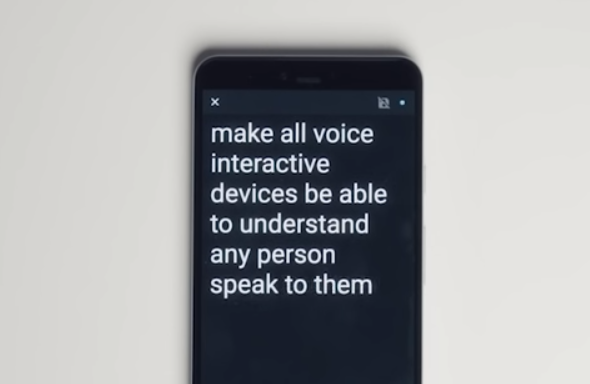The ability to communicate and be understood is a privilege that is often taken for granted. For those who suffer from neurological conditions such as ALS, multiple sclerosis, traumatic brain injury, and Parkinson’s disease, impaired speech limits how they can express needs and engage with those around them. However, with the advancement of voice-enabled tech and artificial intelligence, Google AI seeks to empower those with speech impairments by improving a computer’s ability to understand diverse speech patterns.
Project Euphonia, part of the AI for Social Good program, uses specialized software to turn recorded voice samples into a spectrogram, or a visual representation of the sound. Common transcribed spectrograms are used to "train" the system to better recognize less common types of speech patterns. Those with severe disability or nonverbal individuals also benefit from this project given that Google’s personalized AI algorithms are simultaneously working to detect facial movements and gestures. Euphonia can then take actions such as generating spoken commands to Google Home or sending text messages. The ultimate goal of this initiative is to support people with impaired speech and empower them to communicate freely and effectively.

